What has become very clear over the last 11 years is that many individuals are now using a wide selection of web-based resources, tools, and services to learn in new ways, and in doing so they have become highly independent continuous learners.
I call these individuals, Modern Professional Learners.
These Modern Professional Learners don’t just have a modern toolset for learning – i.e. they don’t just rely on educational or training tools, but they make use of a wide variety of everyday tools – they also have a new mindset about how and when learning happens for, at and through work, as well as a new learning skillset.
Modern Professionals learn for many different reasons – not just because they have to, to become competent and compliant in their organisation – but because they want to, for their own personal and professional reasons. Here are some of those reasons:
To acquire a new body of knowledge or a new skill
To solve a performance problem
To improve the work they currently do
To keep up to date with what’s happening in their industry or professional
To prepare for the future
For inspiration
To innovate (i.e. do or think differently)
For the joy of learning
Learn more / En savoir plus / Mehr erfahren:
http://www.scoop.it/t/21st-century-learning-and-teaching/?&tag=Modern+Learning
http://www.scoop.it/t/21st-century-learning-and-teaching/?&tag=Jane-Hart



 Your new post is loading...
Your new post is loading...

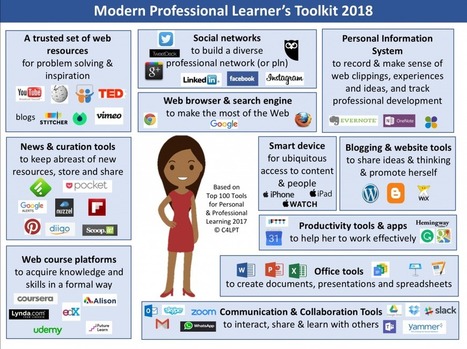



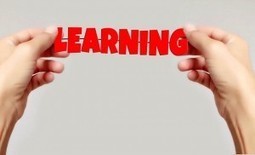

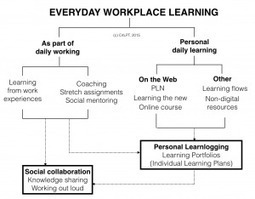



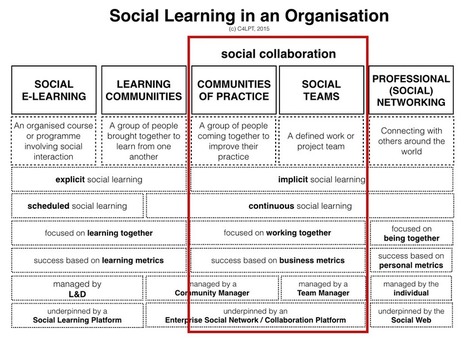


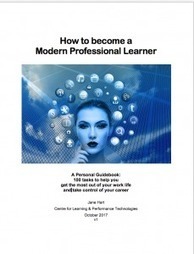

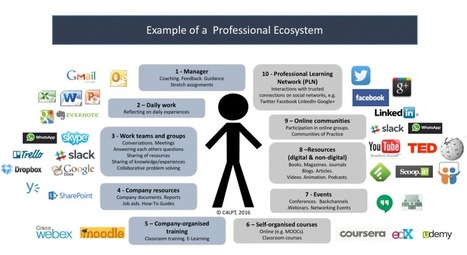



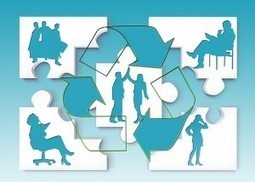
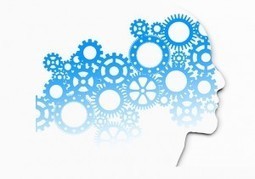

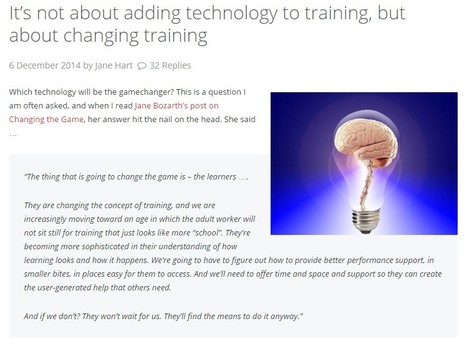





Gus Mees does a great job of curating his site about learning in the 21st century. The Professional Learner's Toolkit provides helpful information for designing an LMS for educators.